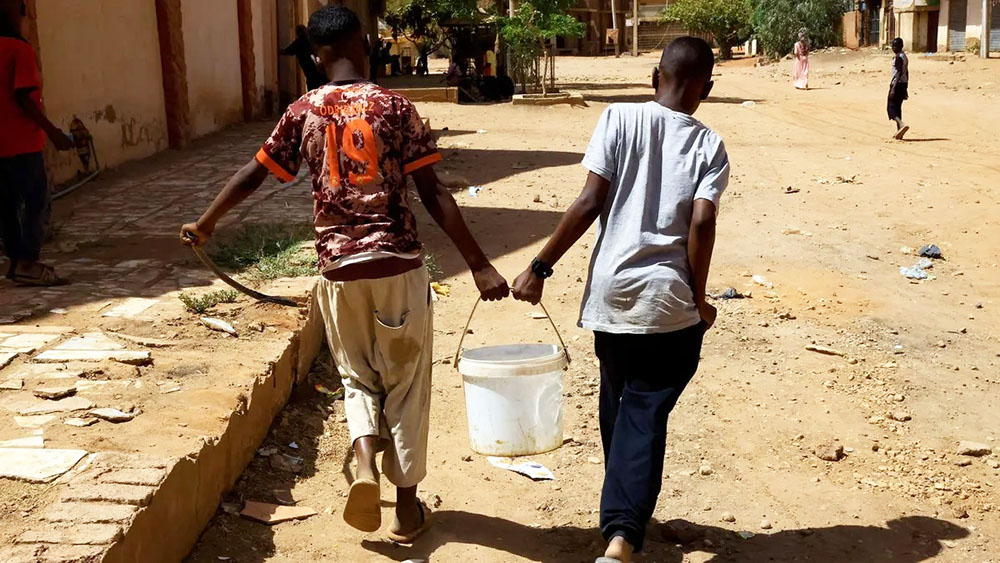
Warring Parties Target Humanitarian Volunteers in Sudan
Source: thenewhumanitarian.org
A volunteer was detained for weeks without his family knowing his whereabouts; another was shot in the stomach by an angry fighter when food supplies ran out during distribution; a third was beaten simply for taking photos.
These stories are recounted by Sudanese emergency rooms—local mutual aid groups whose members risk their lives and freedom to assist those suffering from hunger and poverty after 18 months of ongoing war.
Despite the growing recognition of these groups importance in recent months, including a nomination for the Nobel Peace Prize, volunteers report repeated attacks by the country’s warring parties: the regular army and the Rapid Support Forces (RSF).
Ahmed*, a coordinator for an emergency room covering the besieged capital Khartoum and its twin cities, Omdurman and Bahri, said: "We need to pressure both sides not to target them, to release them, and to treat them as relief workers."
Ahmed noted that 50 volunteers in Greater Khartoum are currently detained by either the army or the RSF. These former allies began fighting last year, resulting in one of the world’s largest hunger and displacement crises, with over 11 million people displaced.
The New Humanitarian spoke to a group of volunteers last month to understand the risks they face as fighting escalates after the rainy season. Interviews focused on Khartoum, though volunteers face dangers throughout the country.
Local volunteers are the main lifeline for residents in Khartoum and other conflict-affected cities, where only a few international relief organizations remain. Humanitarian groups have been restricted by both fighting and barriers imposed by both parties.
Despite their vital role, over 50 volunteers have lost their lives during the war. Some were deliberately targeted by warring factions, while others were caught in crossfire or died from treatable diseases due to lack of medicine.
In interviews, volunteers reported that both sides accuse them of espionage, distrust them due to their anti-militarist views, and see them as potential ransom targets. They face arrests, interrogations, beatings, and theft.
Aisha, the coordinator of a women’s emergency room, mentioned that 21 women from her cooperative were recently detained, beaten, sexually harassed, and robbed by RSF members.
False Accusations
Emergency rooms are built on Sudan’s rich heritage of social solidarity, now consisting of hundreds of groups across the country. Thousands of volunteers prepare daily meals and maintain essential services like electricity and water.
Volunteers believe their model of solidarity and mutual aid could reshape the humanitarian system. Yet, their efforts are constrained by a lack of funding, as global donors remain hesitant to fully support them despite long-standing promises to localize aid.
Ahmed explained that when the army gains control over areas from the RSF, they accuse civilians and volunteers in those areas of collaboration, while the RSF detains volunteers in areas it controls, especially after air raids.
Response
Regarding the response to detentions, Ahmed said there are two main ways emergency rooms can respond: privately paying ransoms or publicly demanding the volunteers release.
A report from one organization noted that volunteers would be better protected if they received the same recognition and support from international humanitarian groups and donors as other relief workers.
Ibrahim, a safety officer with one of the emergency rooms, concluded: "We hope they are treated well, as they are not obligated to help; it is merely a service for the citizens."
Note: Volunteer names have been changed for their safety.

